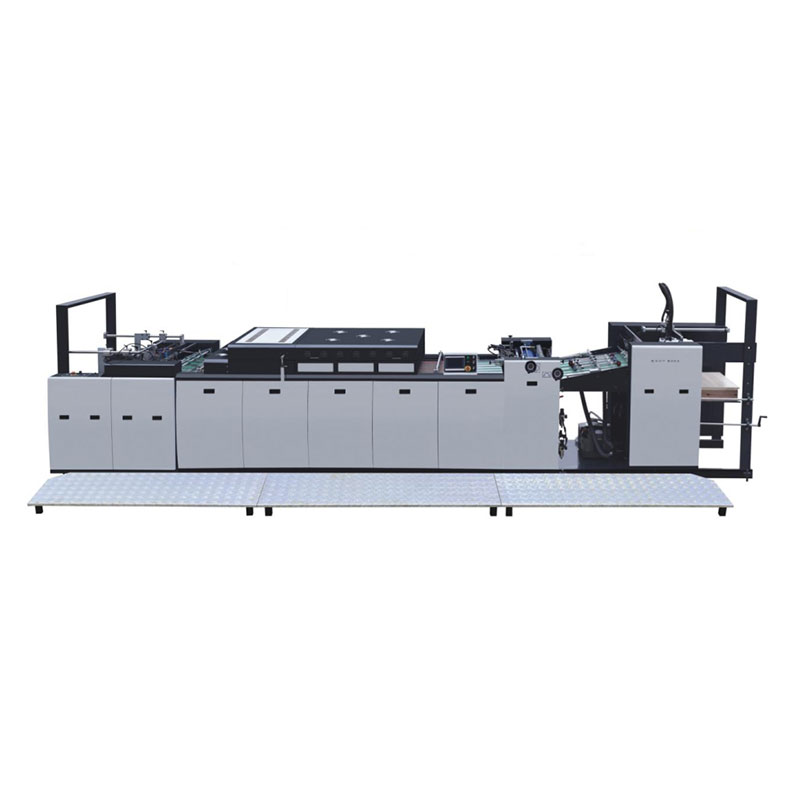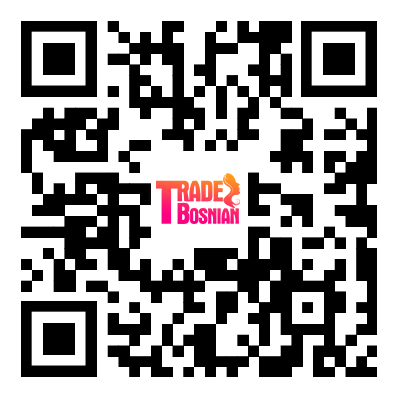What Is an Automatic Coating Machine and How Does It Improve Manufacturing Efficiency?
2025-07-15
An automatic coating machine is specialized equipment designed to apply coatings—such as paint, varnish, adhesives, or protective films—onto surfaces of various products in a controlled and consistent manner. Used extensively in industries like automotive, electronics, packaging, and woodworking, these machines help achieve high-quality finishes with increased speed and precision.
How Does an Automatic Coating Machine Work?
Automatic coating machines use mechanisms such as spray nozzles, rollers, brushes, or dipping systems to apply the coating material uniformly across the target surface. The process is controlled by programmable logic controllers (PLCs) or computer systems to ensure precise thickness, coverage, and curing times. Some machines also include features like drying ovens, UV curing, or electrostatic spray technology.

What Are the Main Types of Automatic Coating Machines?
1. Spray Coating Machines
Use pressurized nozzles to atomize and spray liquid coatings evenly.
2. Roll Coating Machines
Employ rollers to spread coating materials smoothly over flat or curved surfaces.
3. Dip Coating Machines
Submerge the product into a coating bath, ensuring complete coverage.
4. Electrostatic Coating Machines
Apply charged particles that adhere better to grounded surfaces, reducing waste.
What Are the Advantages of Using Automatic Coating Machines?
Consistent Quality: Precise control over coating thickness and uniformity reduces defects.
Increased Productivity: Automation speeds up the coating process and reduces manual labor.
Material Efficiency: Optimized application minimizes overspray and waste.
Versatility: Can handle various coating types and products of different shapes and sizes.
Improved Safety: Reduces operator exposure to hazardous materials.
Where Are Automatic Coating Machines Used?
Automotive Industry: For painting car parts and applying protective layers.
Electronics: Coating circuit boards and components for insulation and protection.
Packaging: Applying coatings to paper, cardboard, or plastic containers.
Furniture and Woodworking: Lacquering and finishing wood products.
Textile Industry: Coating fabrics for water resistance or color effects.
Conclusion
Automatic coating machines are vital tools that combine precision, efficiency, and safety in surface finishing processes. By automating the coating operation, manufacturers achieve higher throughput, consistent product quality, and cost savings—making these machines indispensable in modern production lines.


